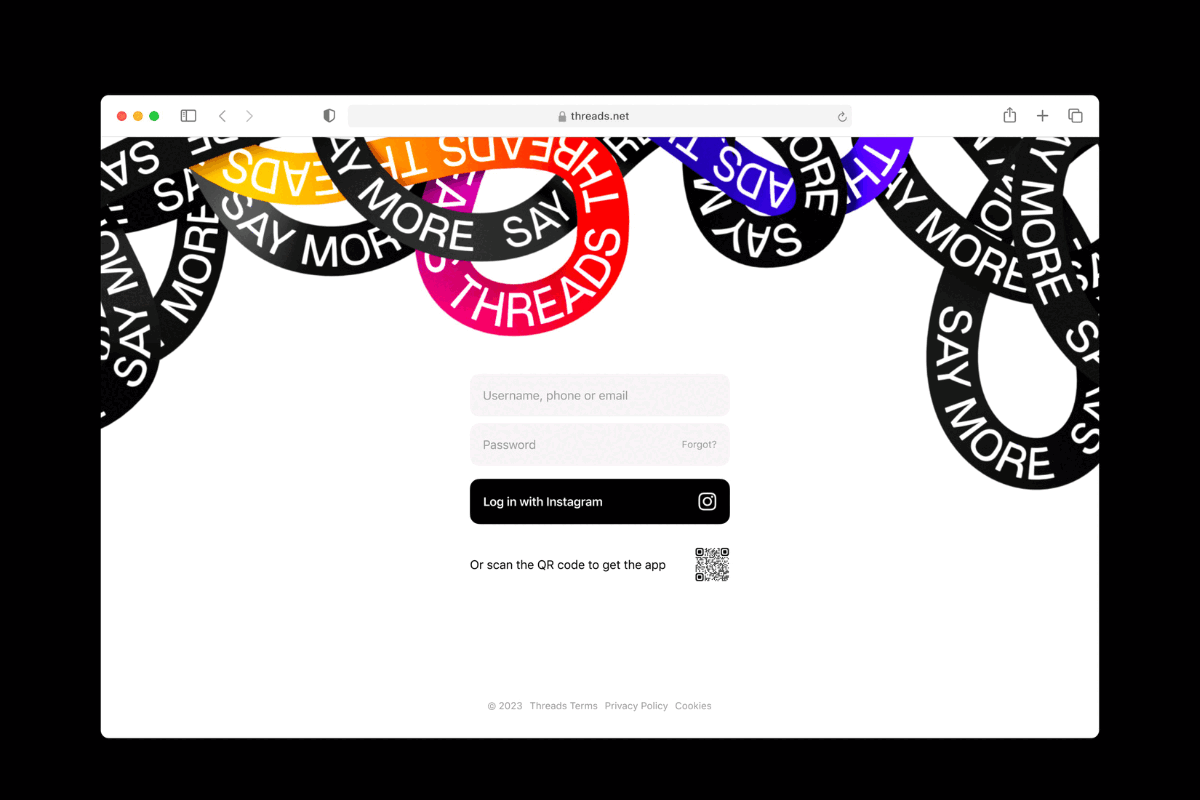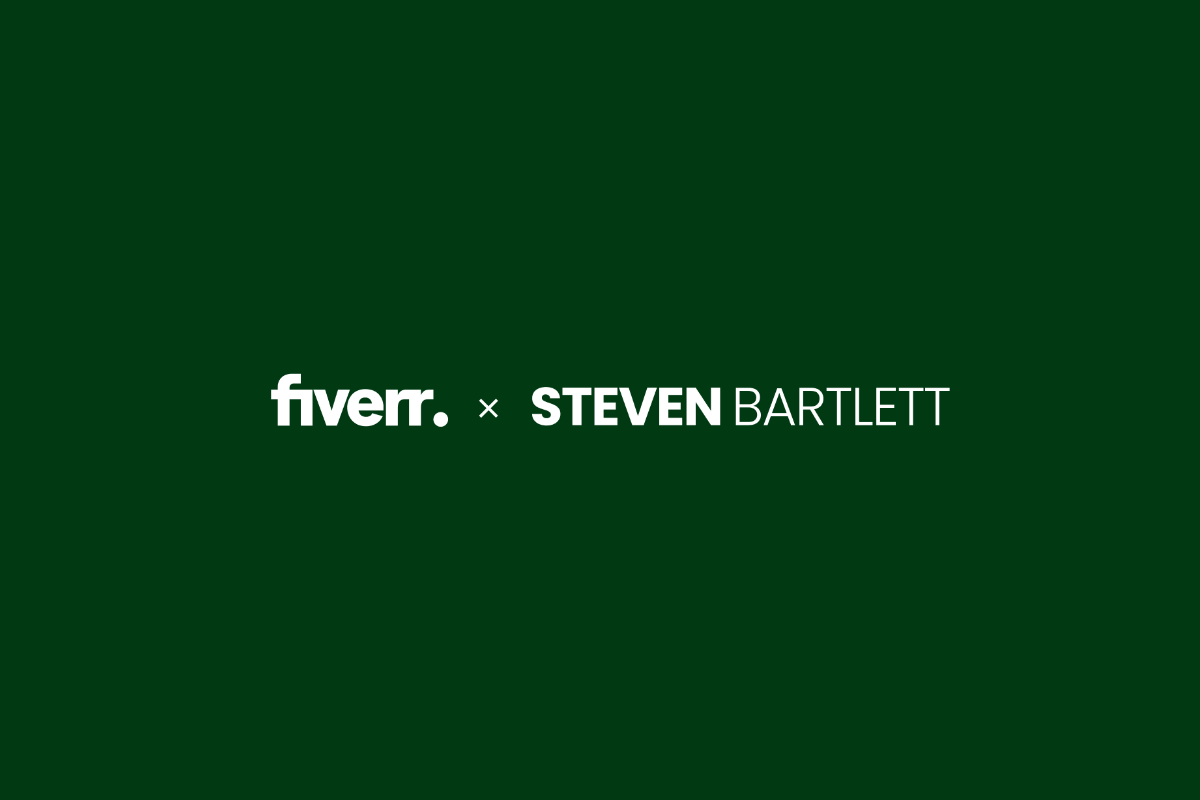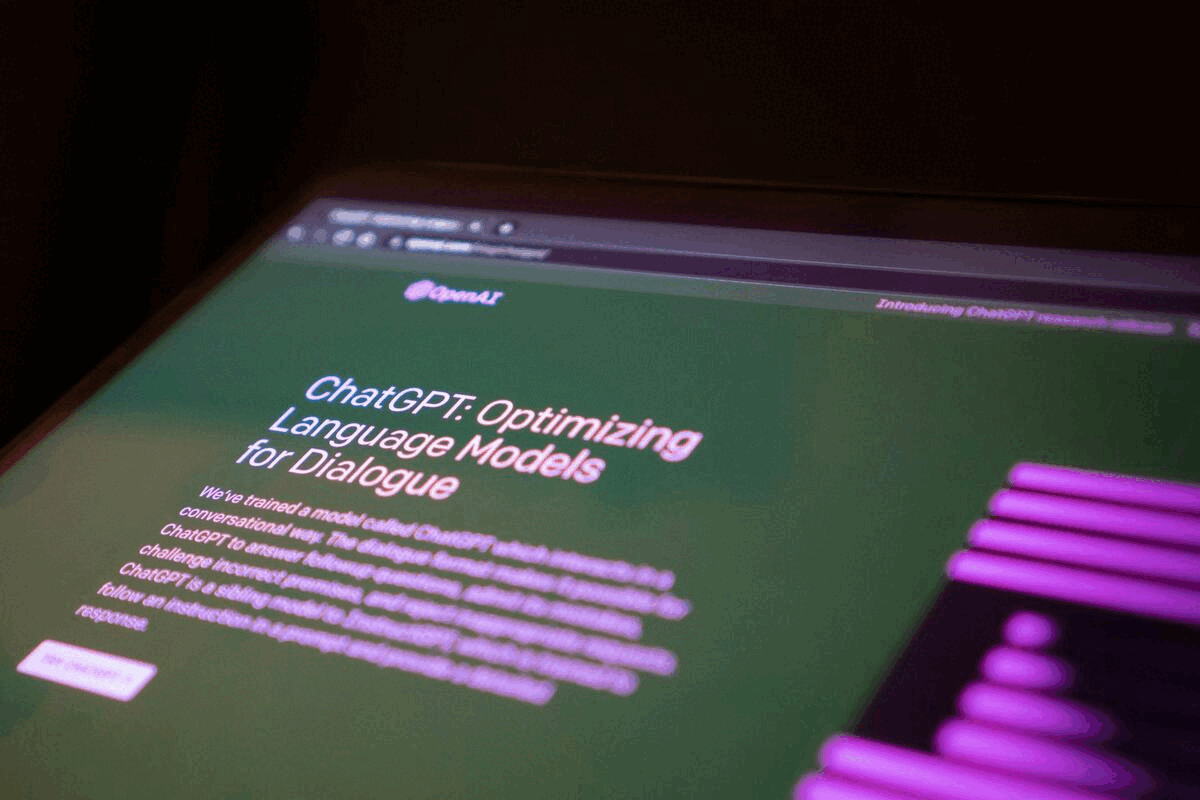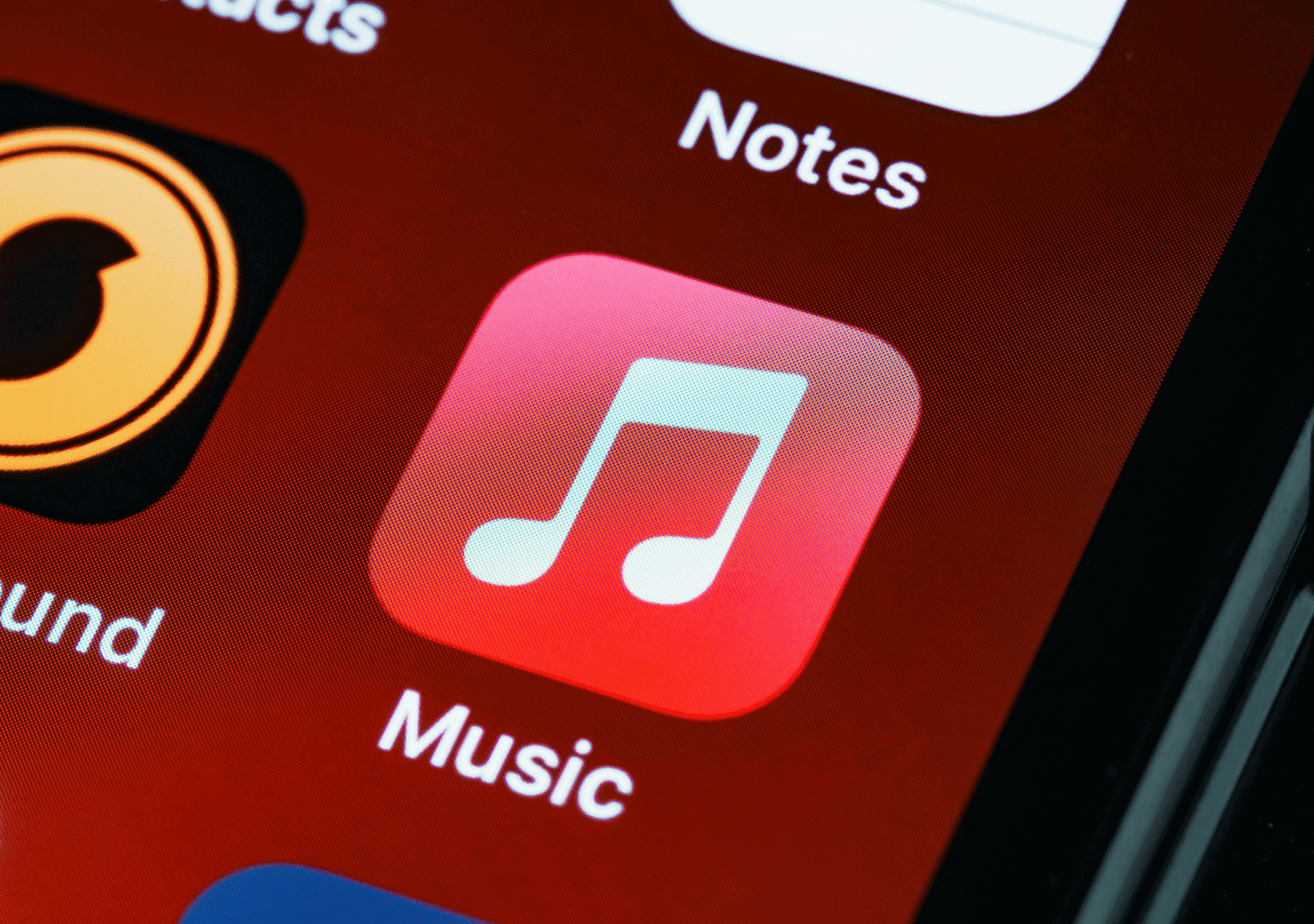Facebook launches Messenger Kids app preview
- Monday, December 4th, 2017
- Share this article:
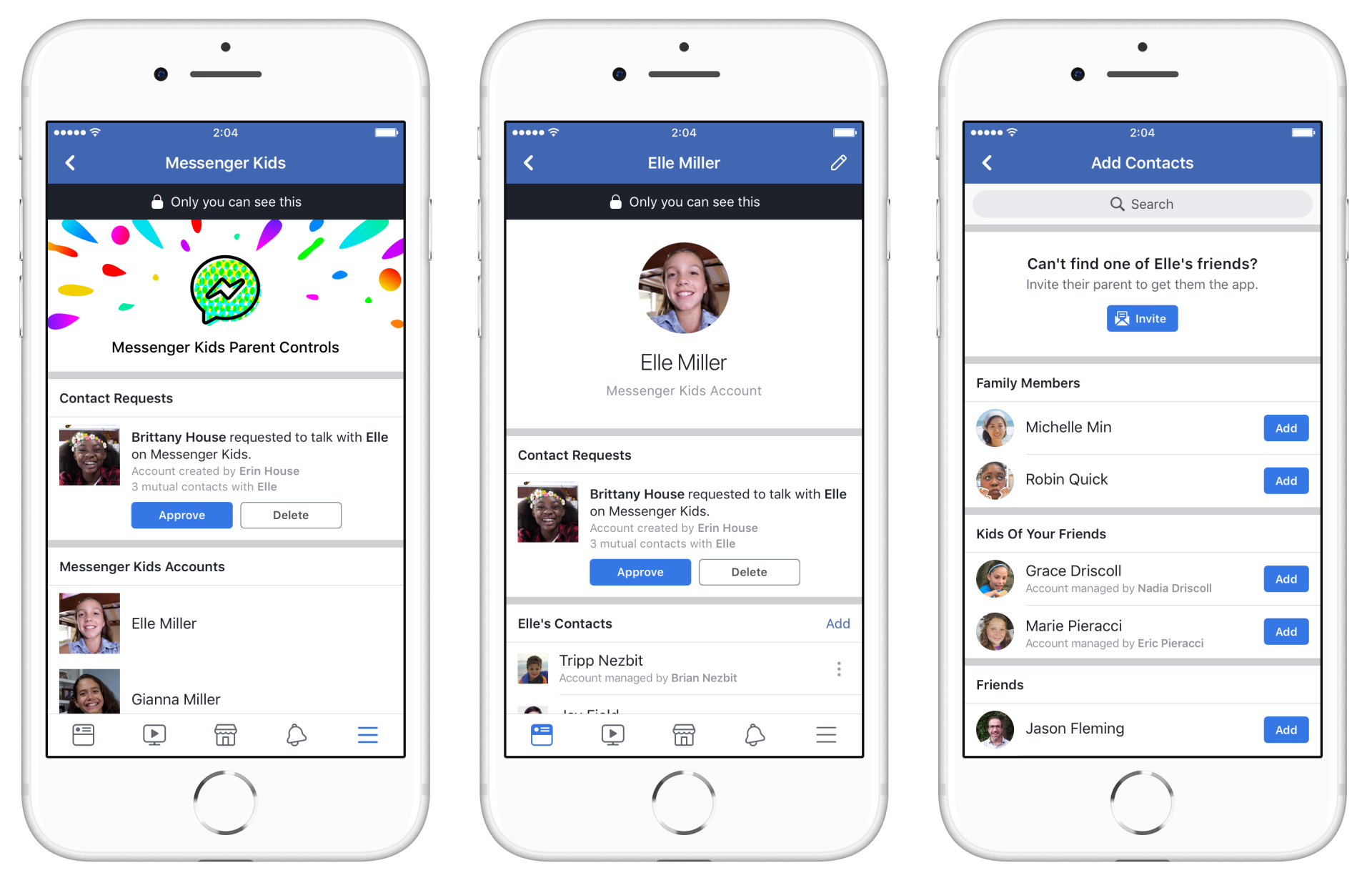 Facebook has rolled out a US preview of Messenger Kids, a new iOS app designed to make it easier for kids to safely video chat and message with family and friends when they can’t be together in person. An Android version is in the works. Facebook says it developed the app after talking to thousands of parents, associations like National PTA, and parenting experts in the US, and finding that there’s a need for a messaging app that lets kids connect with people they love but that also has the level of control parents want.
Facebook has rolled out a US preview of Messenger Kids, a new iOS app designed to make it easier for kids to safely video chat and message with family and friends when they can’t be together in person. An Android version is in the works. Facebook says it developed the app after talking to thousands of parents, associations like National PTA, and parenting experts in the US, and finding that there’s a need for a messaging app that lets kids connect with people they love but that also has the level of control parents want.
While the app lives on a child’s tablet or smartphone, it can be controlled from a parent’s Facebook account. Once their account is set up by a parent, kids can start a one-on-one or group video chat with parent-approved contacts. The home screen shows them at a glance who they are approved to talk to, and when those contacts are online. Parents fully control the contact list and kids can’t connect with contacts that their parent has not approved. Parents control kids accounts and contacts through the Messenger Kids Controls panel in their main Facebook app.
In addition to video chat, kids can send photos, videos or text messages to their parent-approved friends and adult relatives, who will receive the messages via their regular Messenger app. A library of appropriate GIFs, frames, stickers, masks and drawing tools lets children decorate content and express their personalities.
To use Messenger Kids, parents download the app to their child’s device, then authenticate that device using the parent’s Facebook username and password. This will not create a Facebook account for the child or give them access to your Facebook account. Next, they create an account for the child, and add people to the child’s approved contact list via the Messenger Kids parental controls panel in the parent’s main Facebook app.
There are no ads or in-app purchases in Messenger Kids and the child’s information isn’t used for ads. Messenger Kids is also designed to be compliant with the Children’s Online Privacy and Protection Act (COPPA).





